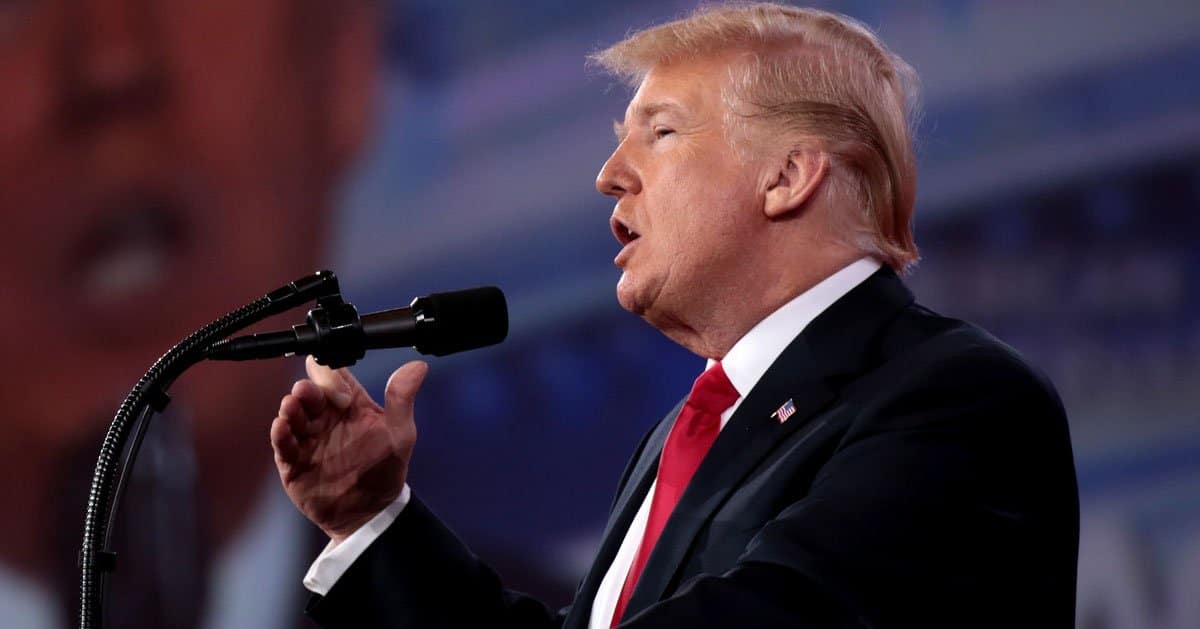






Attorney General Pam Bondi's recent decision marks a significant shift in how journalists' records will be handled by federal investigators. In an effort to pursue more aggressive leak investigations, the protections established during Joe Biden's presidency have been rescinded under guidelines set forth by the Trump administration.
Newsmax reported that the rollback of these policies has intensified the ongoing debate over press freedom, especially considering the potential implications for the free flow of information.
On Friday, Bondi rescinded the policies, which previously curtailed federal access to journalists’ communications and records.
This change was communicated through a four-page memo distributed to all Justice Department staff, highlighting Bondi's conviction that the former regulations had been "abused" and that they facilitated leaks driven by political biases.
The memo further noted an increased focus on investigating figures associated with the Trump administration's first term, citing names such as Christopher Krebs and Miles Taylor.
The move has prompted press freedom advocates to voice concerns about potential repercussions for journalism. Bruce Brown, who leads the Reporters Committee for Freedom of the Press, warned of the dangers posed by undermining journalists' ability to protect their sources. "Strong protections for journalists," he argued, "provide benefits by safeguarding the exchange of information."
Bondi outlined that accountability is necessary for setting a "new course," implying a tougher stance on leak prosecutions. This position aligns with President Trump’s directives targeting leaks deemed disruptive to his policies. Bondi emphasized in her memo the potential harm these leaks pose to governmental functions and the American public.
While Bondi’s directive signifies a retreat from protections established by Attorney General Merrick Garland in 2021, not all safeguards have been entirely removed.
Insisting that investigative techniques concerning journalists should be a last option, the new directives still provide some layer of security. However, expectations for senior official approval in particular cases remain, alongside the possibility of giving journalists early notice of subpoenas or search warrants.
Confusion exists as to whether Bondi's guidelines fully return to pre-2021 practices or introduce broader investigatory rights. Without specific details on new regulations, uncertainties linger regarding the extent of the Justice Department's reach in pursuing leaks.
Congressional efforts to enhance legal protections for journalists have not progressed, with a proposed bill endorsed by Biden in 2021 failing to become law.
Bondi's stance reflects a broader tension over how issues surrounding national security and press freedoms should be balanced. Critics note Trump’s history of criticizing the media, which underscores the significance of maintaining transparent policies about federal interactions with the press.
Bruce Brown emphasized that historic reporting achievements, from unearthing Watergate to scrutinizing covert surveillance post-9/11, were possible "because journalists could protect their confidential sources."
The absence of enhanced protective legislation leaves the future of journalists at greater risk of governmental intervention. Under Trump, who had conflicts with media entities, this recalibrated approach brings additional scrutiny to the administration's priorities around leaks.
Bondi signaled an unwavering position on upholding stricter controls to mitigate unauthorized disclosures. The coming months may reveal how effective Bondi's strategy is at addressing the concerns she raised over leaks.
Without doubt, the tension between protecting national interests and preserving press liberties will continue to generate discussion. Policymakers could yet take steps to establish enduring frameworks that mediate between these competing interests.

